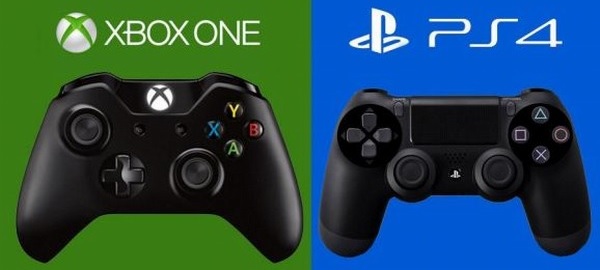Ah, the beautiful – yet awkward – world of emulation. Thanks to them a lot of players can enjoy classic 16bit titles. Thanks to them, all PSX titles have been enhanced with better visuals and framerates. Thanks to them, more people were able to enjoy a variety of games that were not available on their platform. And thanks to them PC gamers may get their hands on PS4 and Xbox One games in the near future.
Speaking with Slashdot, software engineer and creator of PSP and X360 emulators, Ben Vanik, claimed that we may get an emulators for the next-gen consoles sooner than ones for the current-gen consoles.
“It would be easier to create a PS4 or Xbox One emulator within the next year or so than it would be to create a PS3 or Xbox 360 emulator that ran at the speed of the device.”
Vanik added that AMD’s Mantle will help greatly emulator creators and will make doing the GPU stuff really easy. The fact that both of the next-gen consoles use x86 chips basically means that a translation layer between PowerPC and x86 – something that made the life of emulator creators a living hell – is unnecessary.
Naturally, this won’t happen anytime soon. However, once those next-gen consoles get hacked, all possibilities will open up. Question now is – will hackers be able to run homebrew programs on PS4 and Xbox One?
Point is that – by the looks of it – we may see a working Xbox One emulator sooner than a functional X360 emulator. And that’s a good thing. Or not?

John is the founder and Editor in Chief at DSOGaming. He is a PC gaming fan and highly supports the modding and indie communities. Before creating DSOGaming, John worked on numerous gaming websites. While he is a die-hard PC gamer, his gaming roots can be found on consoles. John loved – and still does – the 16-bit consoles, and considers SNES to be one of the best consoles. Still, the PC platform won him over consoles. That was mainly due to 3DFX and its iconic dedicated 3D accelerator graphics card, Voodoo 2. John has also written a higher degree thesis on the “The Evolution of PC graphics cards.”
Contact: Email

